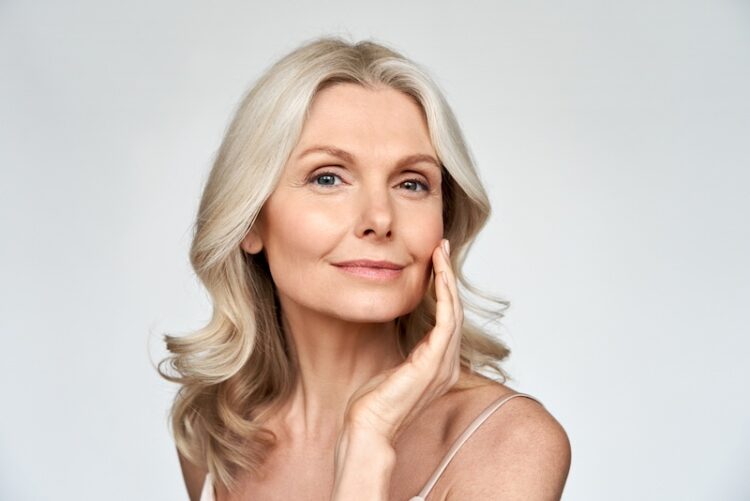
As we navigate the journey of life, one question that often crosses our minds is: how gracefully will we age? While the passing of time is inevitable, the way in which we embrace it can greatly impact our physical, mental, and emotional well-being. Aging well goes beyond simply maintaining a youthful appearance; it encompasses a holistic approach to health and happiness that radiates from within. So, what are the signs that indicate you’re on track to age like fine wine rather than sour milk? Let’s get into the key indicators that suggest you’re set to not just grow older, but truly thrive as the years go by.
You Have a Regular Skincare Routine
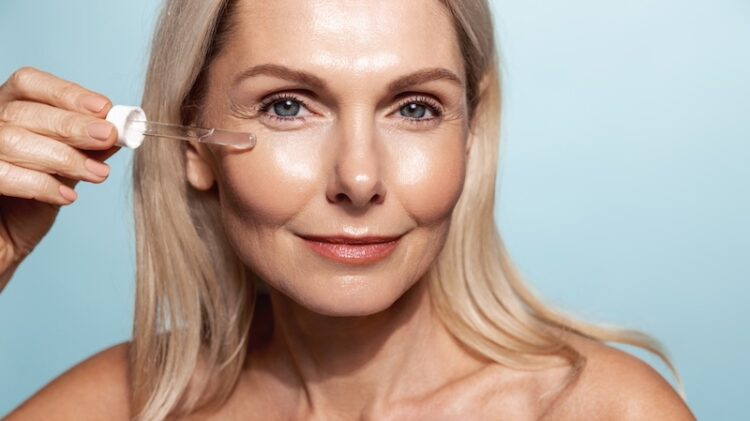
Having a skincare routine can significantly reduce the visible signs of aging due to several reasons. For starters, consistent skincare practices such as cleansing, moisturizing, and using sunscreen help to maintain the skin’s barrier function, which protects against environmental damage and moisture loss.
Additionally, targeted skincare products containing ingredients like antioxidants, retinoids, and peptides can stimulate collagen production, improve skin texture, and reduce the appearance of wrinkles and fine lines. On top of that, regular exfoliation removes dead skin cells, promoting cell turnover and revealing fresher, more youthful-looking skin.
You Have Thick Hair
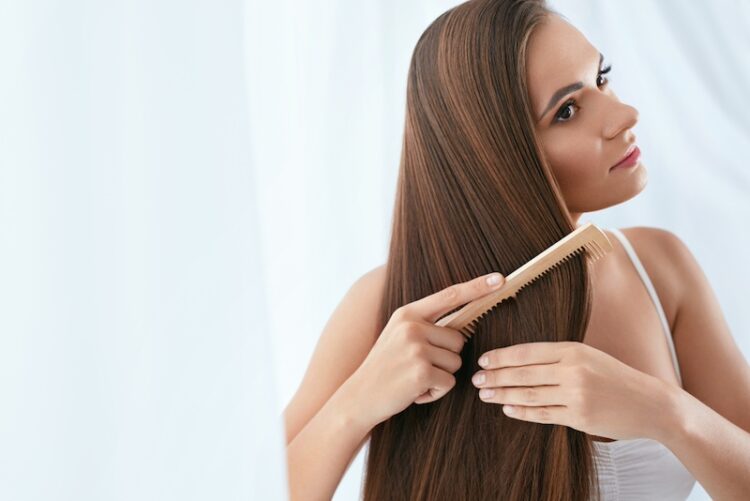
Thicker hair often signifies a robust and healthy scalp environment, which is essential for maintaining strong and resilient hair follicles. Healthy hair follicles are less prone to damage and hair loss, contributing to a fuller and more youthful appearance as we age.
Additionally, thicker hair tends to have better volume and texture, providing a natural camouflage for any thinning or graying that may occur with age. Furthermore, thick hair is often associated with good overall health and vitality, as it can be influenced by factors such as nutrition, hormonal balance, and genetics.
You Have a Round Face
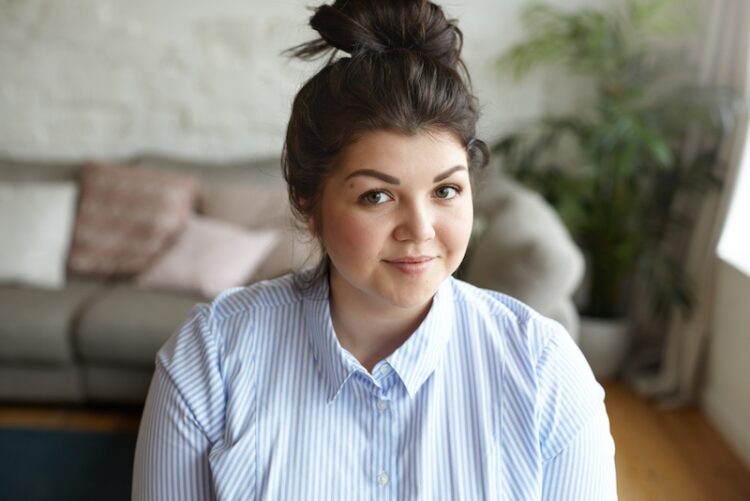
Round faces tend to retain more subcutaneous fat, which can help to fill out the skin and reduce the appearance of wrinkles and fine lines as we age. This natural plumpness can give the face a more youthful and smooth appearance over time.
Plus, round faces often have fuller cheeks and a well-defined jawline, which can provide structural support and prevent sagging or drooping of the skin with age. A round face shape is also often associated with a more youthful aesthetic, which can contribute to a perceived sense of vitality and well-being as we grow older.
Your Parents Aged Well
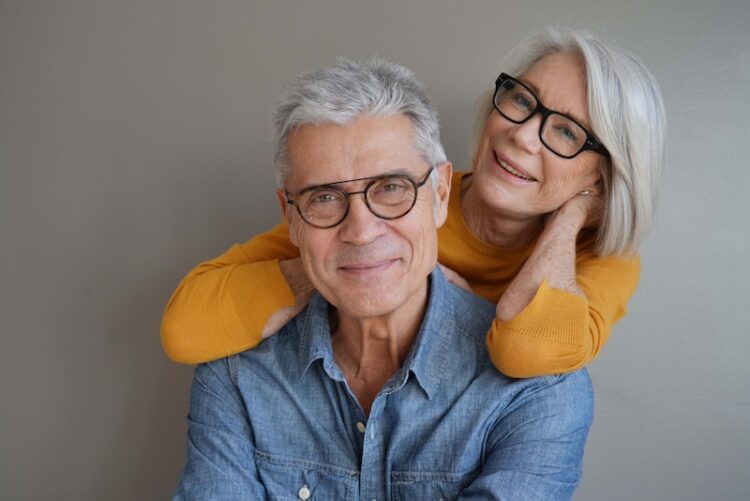
Having parents who age well can serve as a promising indicator that you may also age well due to genetic inheritance and shared lifestyle factors. Genetics play a significant role in determining how we age, influencing factors such as skin elasticity, bone density, and overall health. If your parents maintained a youthful appearance and enjoyed good health as they aged, there’s a strong likelihood that you’ve inherited favorable genes related to aging.
You Have Healthy Teeth and Gums
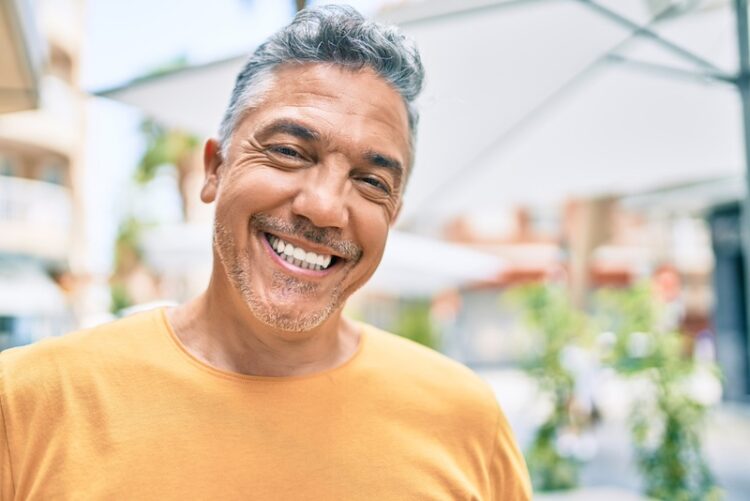
Good oral hygiene practices, such as regular brushing, flossing, and dental check-ups, not only maintain the health of your teeth and gums but also contribute to systemic health. Research has shown that poor oral health is associated with an increased risk of various health conditions, including heart disease, diabetes, and cognitive decline, which can impact the quality of life as we age.
You Have Melanin-Rich Skin
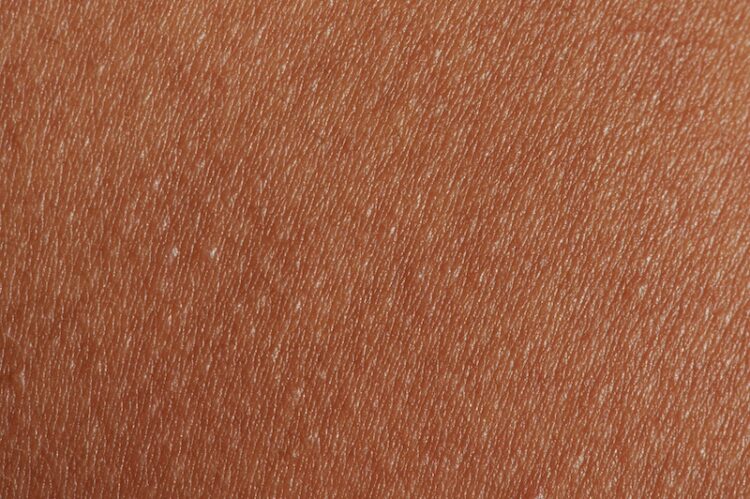
Melanin is the pigment responsible for giving skin its color, and it serves as a built-in sunscreen by absorbing and dissipating harmful UV radiation from the sun. This inherent protection helps to prevent sunburn, sun damage, and the formation of wrinkles, fine lines, and age spots, which are common signs of premature aging.
In addition, melanin-rich skin has been found to have higher levels of collagen and elastin, which are proteins that provide structural support and elasticity to the skin. This results in a smoother, firmer complexion that is less prone to sagging and loss of volume as we age.
You Have Good Posture

Having good posture can significantly contribute to aging gracefully by supporting overall physical health and well-being. Proper posture ensures that the spine is correctly aligned, which helps to distribute body weight evenly and reduce strain on muscles, joints, and ligaments.
By maintaining good posture, you can minimize the risk of developing musculoskeletal issues such as back pain, neck pain, and spinal misalignment, which can become more common with age. Additionally, good posture promotes better balance, coordination, and mobility, reducing the risk of falls and injuries, which can have serious consequences as we age.
You Have High Cheek Bones
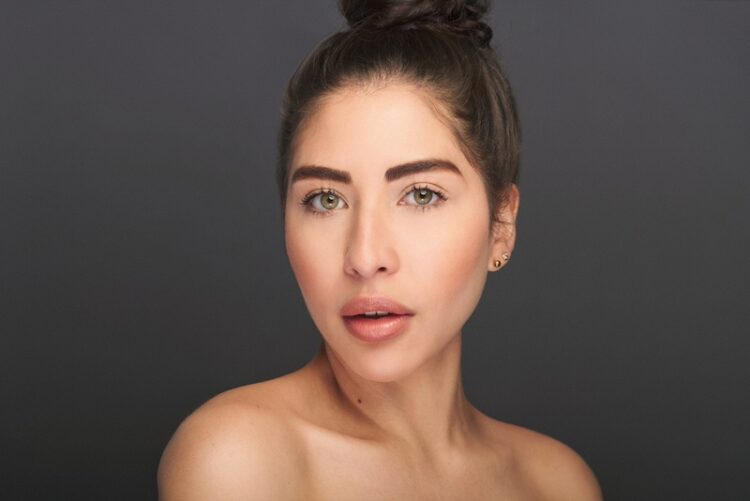
High cheekbones create a defined and sculpted appearance to the face, which can give the illusion of youthfulness even as the skin loses elasticity over time. Plus, high cheekbones provide better support for the skin and soft tissues of the face, helping to prevent sagging and drooping that commonly occur with age. This structural support helps to maintain facial volume and contour, reducing the visibility of wrinkles and fine lines.
You Have an Active Social Life
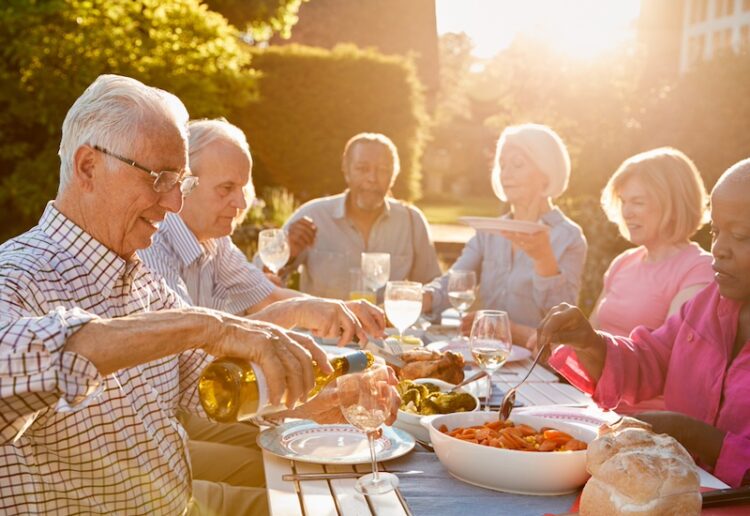
Having an active social life can significantly contribute to aging well by providing numerous physical, mental, and emotional benefits. Social interaction stimulates the brain, helping to maintain cognitive function and reduce the risk of age-related cognitive decline and dementia.
Engaging in social activities also promotes emotional well-being by reducing feelings of loneliness, depression, and anxiety, which are common issues among older adults. Furthermore, participating in social gatherings and maintaining relationships fosters a sense of belonging and purpose, which can enhance overall quality of life and satisfaction in later years.
You’re Flexible
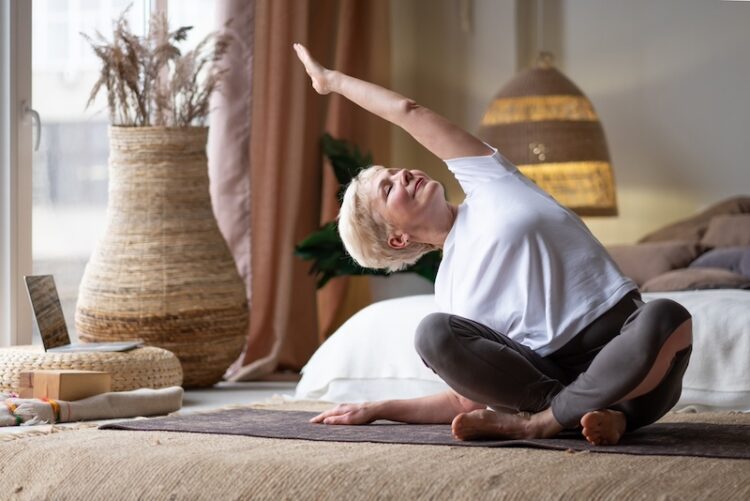
People who are flexible tend to age more gracefully due to the numerous benefits that flexibility provides for overall physical health and well-being. Flexibility is a key component of mobility and functional movement, allowing individuals to maintain a full range of motion in their joints and muscles as they age. This enables them to perform daily activities with greater ease and reduced risk of injury. Additionally, flexibility helps to prevent stiffness and tightness in the muscles and joints, which can contribute to pain and discomfort associated with aging.

Comments
Loading…